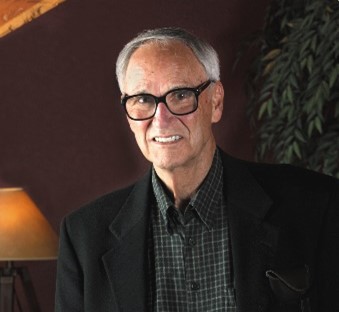Fifty years ago, "being green" was likely more associated with Kermit the Frog than with environmental responsibility. While ecological awareness had been documented in various ways for thousands of years, efforts to “go green” were new.
It wasn’t until 1970 that the U.S. government created the Environmental Protection Agency. That same year, the U.S. also observed its very first Earth Day. Despite these landmark occasions, the environment wasn’t a priority for most; and it would be years before anyone mentioned the acronym “ESG.”

JELD-WEN founder Dick Wendt
But, in 1972, JELD-WEN founder Dick Wendt made a commitment to reduce waste byproduct. The newly formed JELD-WEN, just over a decade old at the time, made a bold decision that would set the stage for decades of environmental commitment.
As a high-user of whole logs in the manufacturing of JELD-WEN products, the unavoidable waste created in the milling process was concerning to company leaders.
“You had the waste from our ripping and cutting of lumber,” recalled JELD-WEN founder Dick Wendt. “Then you take those cut stock pieces and you develop more waste when you take the excess material off. When you add it all up, 50 percent is waste, and we were paying to have that waste hauled off.”

